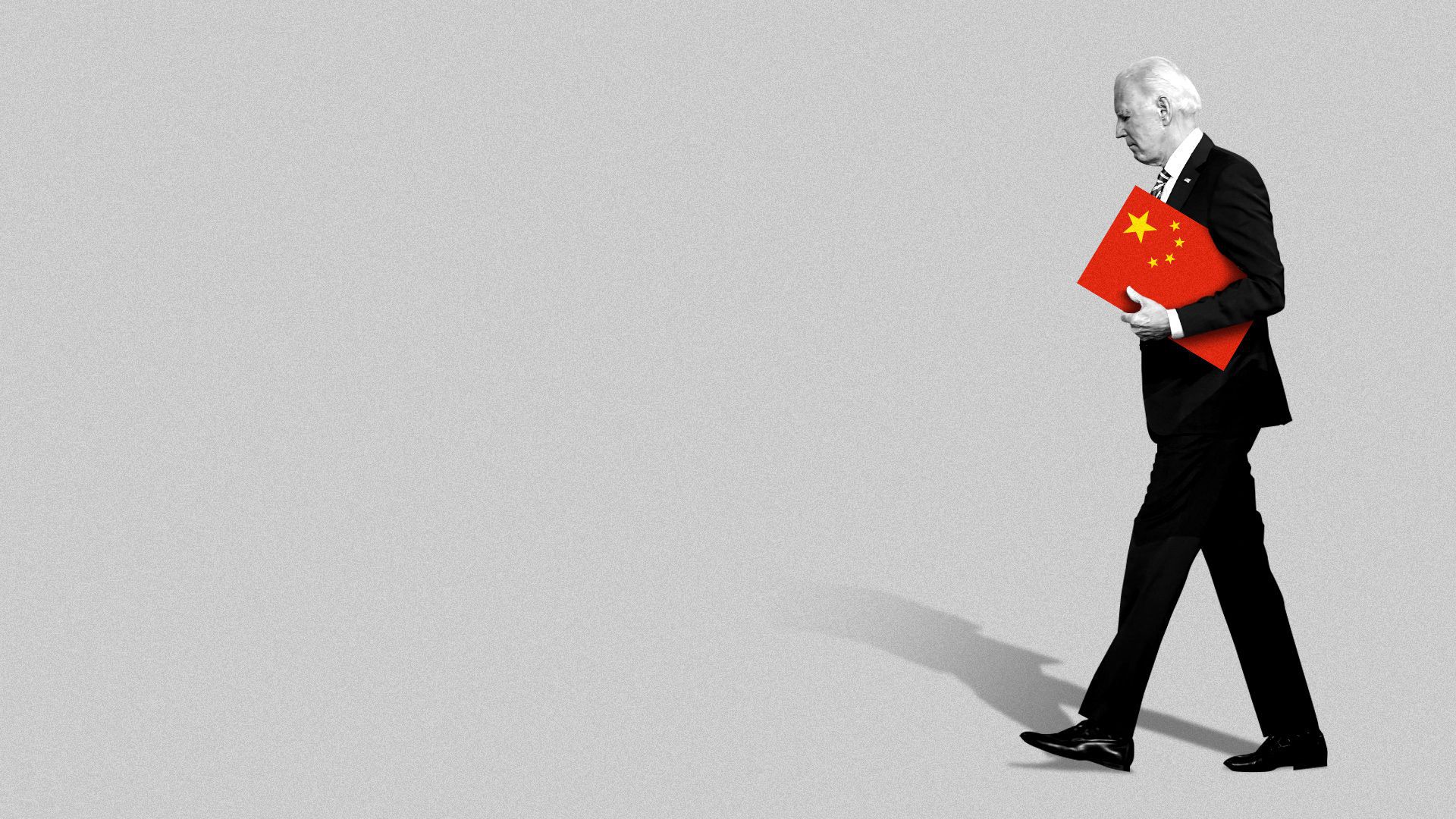
Shen Yamei, Director, Department for American Studies, China Institute of International Studies
May 26, 2022
Multiple factors are preventing the United States from unveiling a clear position. Uncertainties in domestic politics, the conflict in Ukraine, an alleged China-Russia axis and the Taiwan issue all factor in. The U.S. is at a foreign policy crossroads in a complex environment.
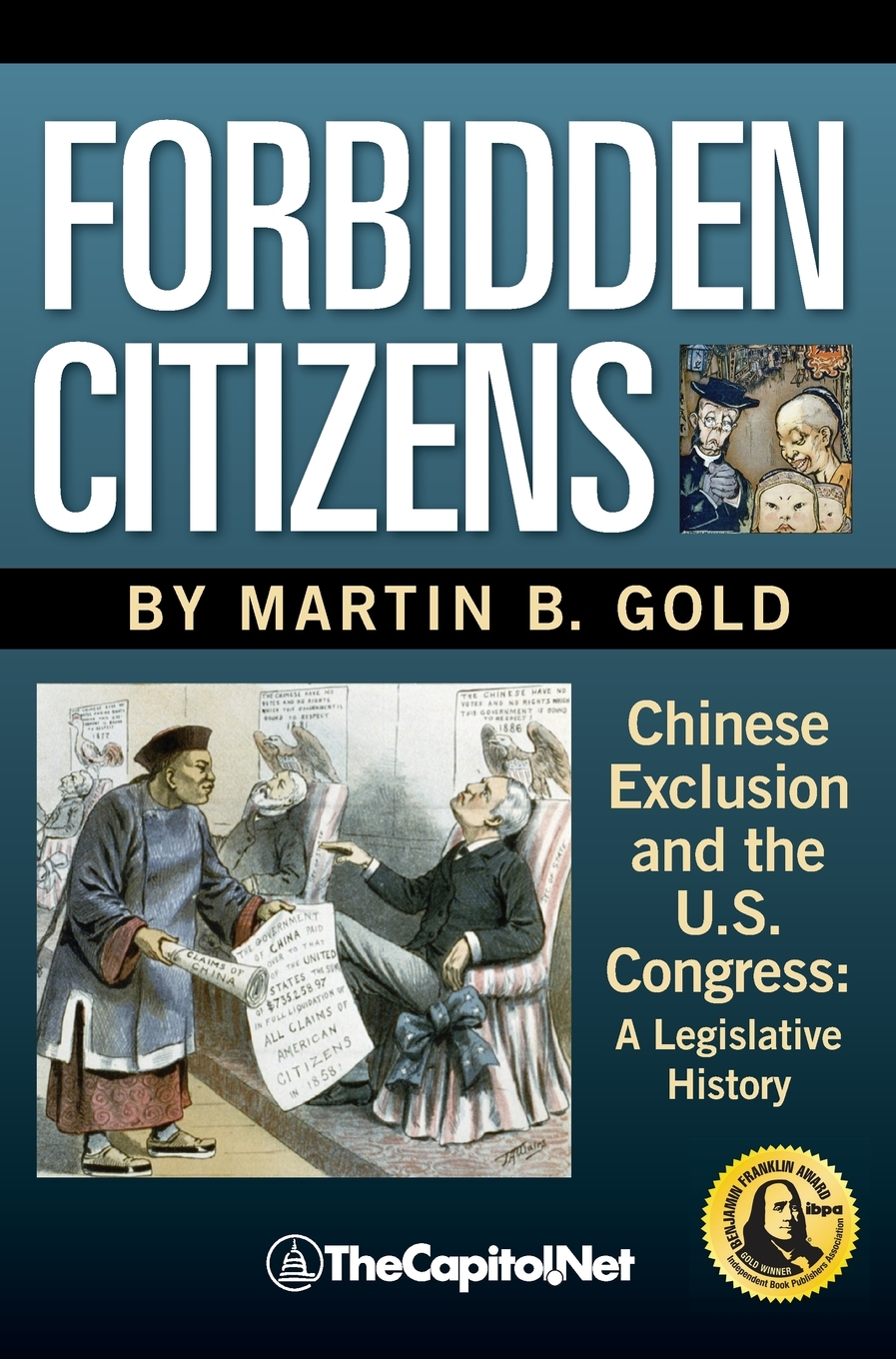
Martin B. Gold, Partner with Capitol Counsel, LLC
May 19, 2022
Senator Hannibal Hamlin of Maine was upset. The Chairman of the Senate Foreign Relations Committee was unable to stop in committee or in the full Senate legisla
Yang Wenjing, Research Professor, Institute of American Studies, CICIR
May 18, 2022
Views differ on what triggered the current conflict. But whatever the pros and cons of NATO expansion, the conclusion must be that China, not Russia, is the greater long-term, structural and potentially lethal challenger to America.
Zhang Monan, Deputy Director of Institute of American and European Studies, CCIEE
May 17, 2022
The United States has recklessly dismissed China’s efforts, even though many factors beyond China’s control have influenced its ability to fulfill its side of the deal. The agreement should be implemented jointly and thoughtfully, not by finger-pointing.
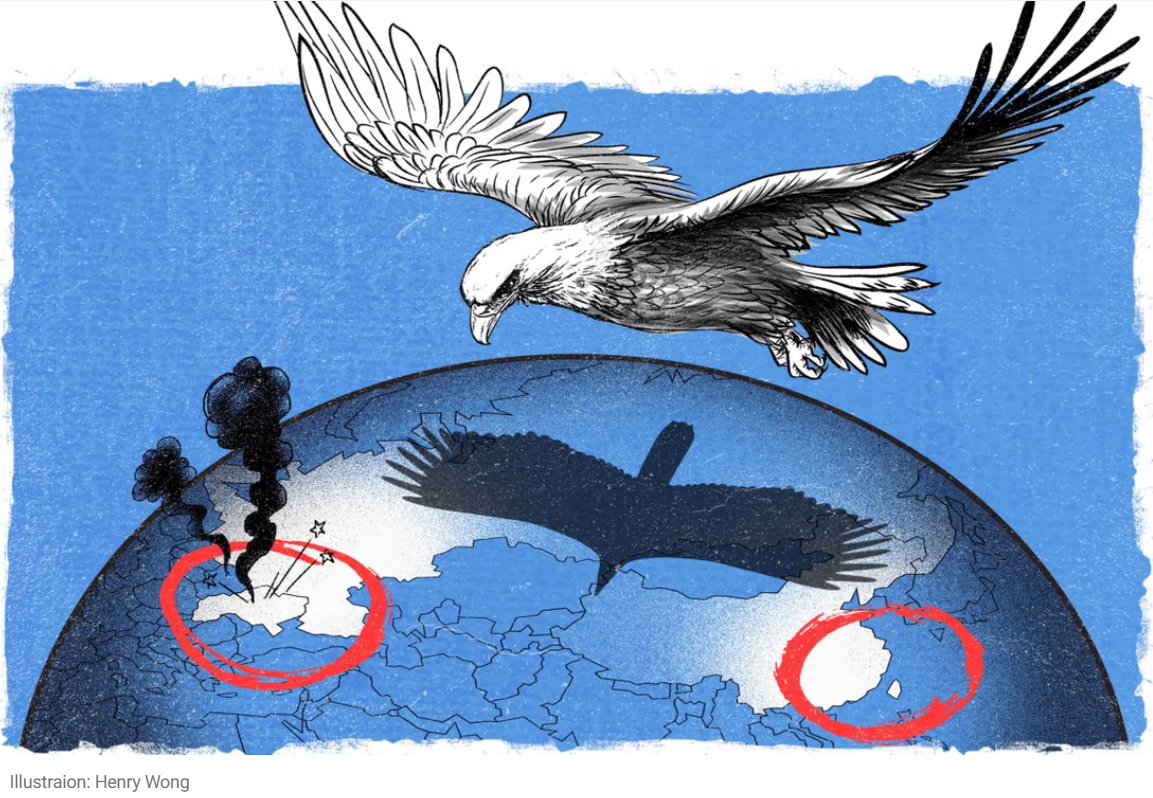
Zhang Tuosheng, Principal Researcher at Grandview Institution, and Academic Committee Member of Center for International Security and Strategy at Tsinghua University
May 16, 2022
The phrase “Ukraine today, Taiwan tomorrow” has been heard frequently in Taiwan since the outbreak of the Russia-Ukraine conflict. But separatists on the island are not sure the United States would come to their rescue if Beijing moved toward reunification.

Zainab Zaheer, Development Consultant
May 06, 2022
Though DC and Beijing seem to be holding grudges, the state of California has been willing to collaborate with the Chinese government in the area of climate cooperation, and may show how U.S.-China ties can be improved outside of federal exchanges.
Ted Galen Carpenter, Senior Fellow, Randolph Bourne Institute
May 06, 2022
The crisis in Ukraine quickly led China-observers to draw comparisons to the similar provocations that exist in the Taiwan Strait regarding Taiwanese sovereignty and Beijing’s desire to take control of the island. The way Russia’s offensive is unfolding can lead to sobering takeaways for all sides party to Taiwan and China’s standoff.
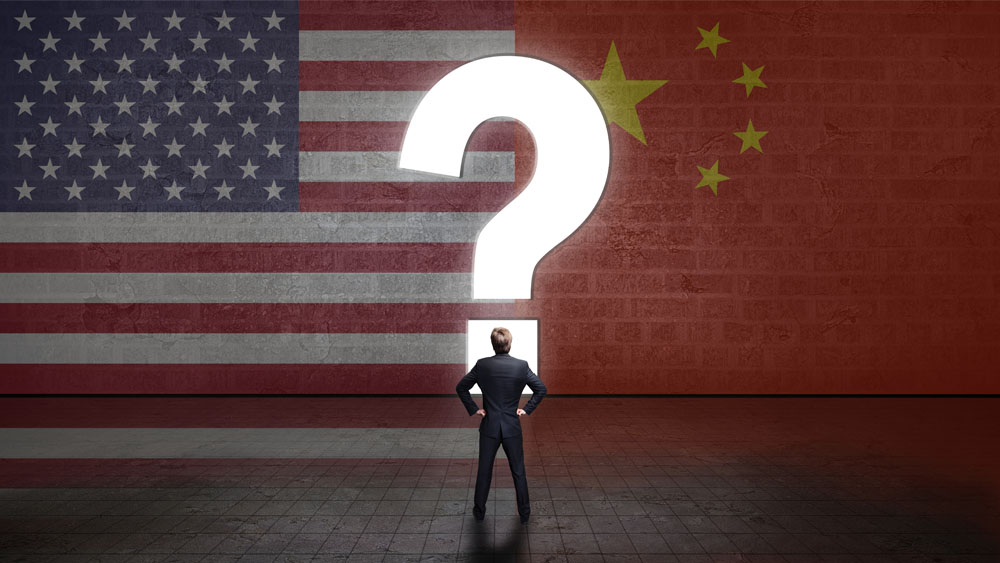
Jia Qingguo, Director and Professor, Institute for Global Cooperation and Understanding, Peking University
May 05, 2022
The demonization of China that began during the Trump presidency has persisted. Bilateral relations are morphing from a competition over interests to a struggle over values and identity. The near future looks bleak, but there’s hope further down the road.

Zhang Monan, Deputy Director of Institute of American and European Studies, CCIEE
Apr 26, 2022
The Biden administration’s long-awaited strategic framework for trade with China may not be more effective than Trump’s. But it’s imperative to avoid harm and to push for new engagement consensus.
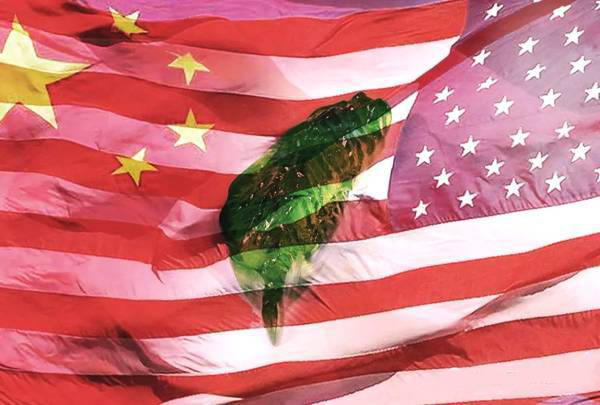
Zhao Minghao, Professor, Institute of International Studies at Fudan University, and China Forum Expert
Apr 22, 2022
Washington might believe that Russia’s poor performance in Ukraine will make China think twice about using force, or that China will be constrained by the CPC’s 20th National Congress. But this is a grave misunderstanding.
Back to Top

- China-US Focus builds trust and understanding between the U.S. and China through open dialogue among thought leaders.
- Our Offerings
- Topics
- Videos
- Podcasts
- Columnists
- Research Reports
- Focus Digest
- Stay Connected
-
Thanks for signing up!
- Get the latest stories from China-US Focus weekly.